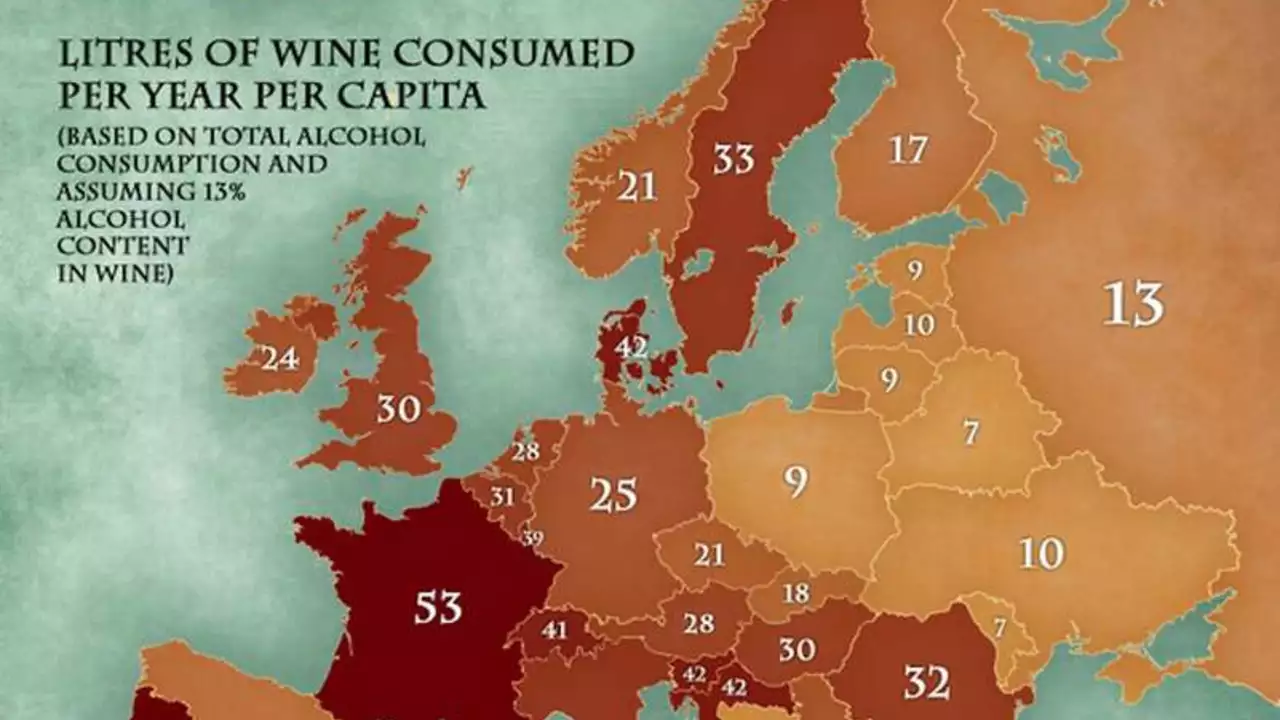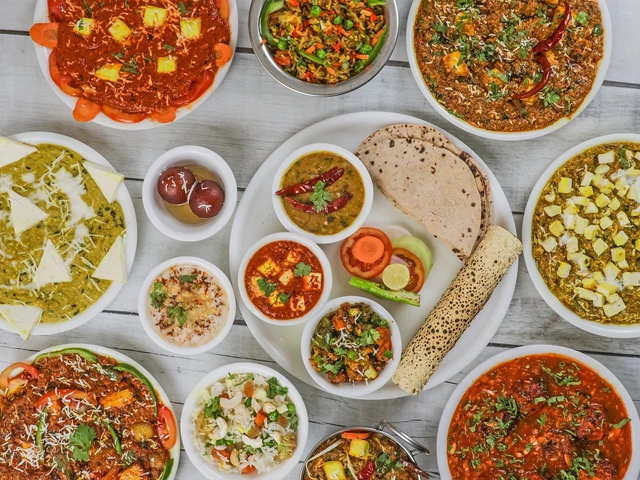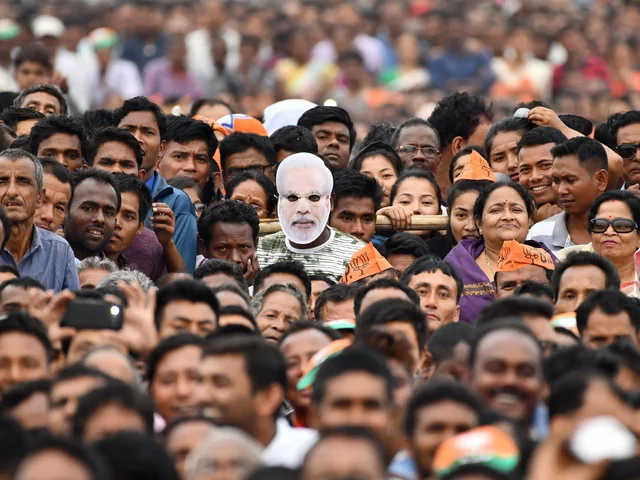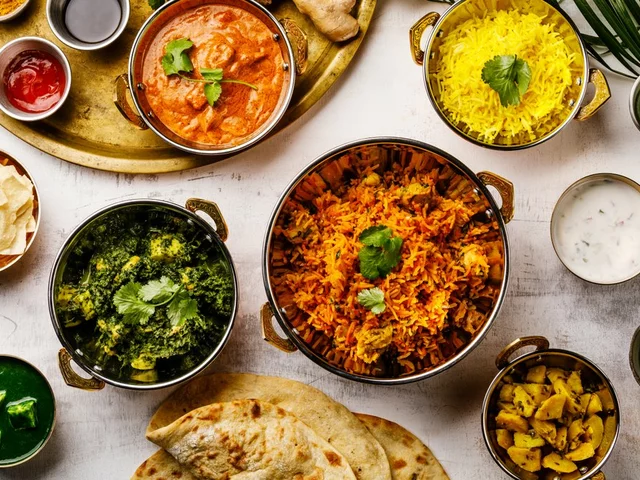Why is drinking beer not as prevalent in India as it is in europe?
Cultural Considerations in India
India, a country known for its rich history, diverse cultures, and religious population, has always had a unique relationship with alcohol. Unlike in Europe, where beer is commonly consumed during meals and social gatherings, in India, it's not as prevalent. This difference can be traced back to the deep-rooted cultural and religious beliefs in India. Many Indians refrain from drinking alcohol due to their religious beliefs, as it's often considered a vice. Alcohol consumption is often frowned upon, particularly in rural areas of India. This cultural stigma associated with drinking beer, or any alcohol for that matter, has significantly impacted the prevalence of beer consumption in India.
Religious Beliefs
Religion plays a significant role in shaping India's attitude towards beer consumption. Most Indians follow Hinduism or Islam, religions that generally discourage or outright prohibit the consumption of alcohol. For instance, many devout Hindus and Muslims abstain from alcohol as a part of their religious practices. As a result, the cultural norms and religious beliefs in India have greatly influenced the overall drinking habits and attitudes towards beer consumption in the country, making it less prevalent than in Europe.
The Impact of Laws and Regulations
Another critical factor that influences beer consumption in India is the laws and regulations governing alcohol. In India, the legal drinking age varies from state to state, ranging from 18 to 25 years, unlike in many European countries where the legal age is typically 18. Some states in India even practice prohibition, banning the sale and consumption of alcohol altogether. Furthermore, high import duties and taxes on beer make it a luxury product that's unaffordable for many, further limiting its prevalence.
Preference for Spirits Over Beer
When it comes to alcohol, many Indians prefer spirits like whisky to beer. The climate and food habits in India may be a reason for this preference. Whisky is often seen as a drink that can be consumed neat, without needing a cold temperature, which is more suitable for India's generally warm climate. Additionally, the strong flavor of whisky is often preferred to complement the rich, spicy Indian cuisine. This preference for spirits over beer further contributes to the lower prevalence of beer in India compared to Europe.
Economic Factors
India is a developing country with a significant portion of the population living below the poverty line. For many, spending money on beer is considered a luxury that they simply cannot afford. The high taxes on beer, coupled with the average income of Indians, make it less accessible to a large portion of the population. In contrast, in many European countries, beer is reasonably priced and more affordable for the average person.
Social Stigma Around Alcohol
There is a certain social stigma attached to drinking beer in India, particularly for women. In many parts of the country, it's still considered inappropriate for women to drink beer or any other alcoholic beverages. This societal mindset further limits the prevalence of beer consumption in India. In contrast, in Europe, beer drinking is a normal part of social life for both men and women, making it more prevalent.
The Growing Popularity of Craft Beer
Despite the factors limiting the prevalence of beer in India, the craft beer industry is witnessing a steady growth. More and more microbreweries are cropping up across the country, particularly in urban areas. This trend suggests a slow but definite change in India's beer drinking culture. As the younger generation becomes more open to experimenting with different types of beers and the middle class grows, we can expect the popularity of beer in India to increase in the future.





